Prominent journalists face an increasing pressure from both wealthy oligarchs and corrupt officials
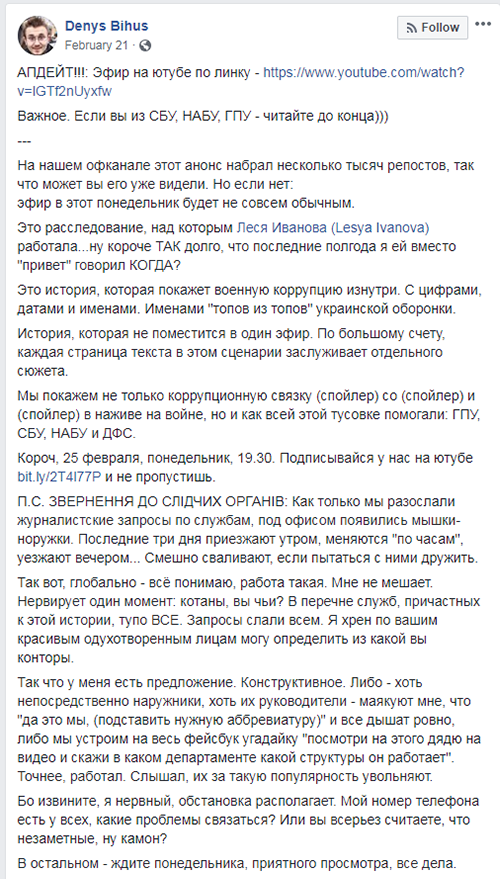

Prominent journalists face an increasing pressure from both wealthy oligarchs and corrupt officials
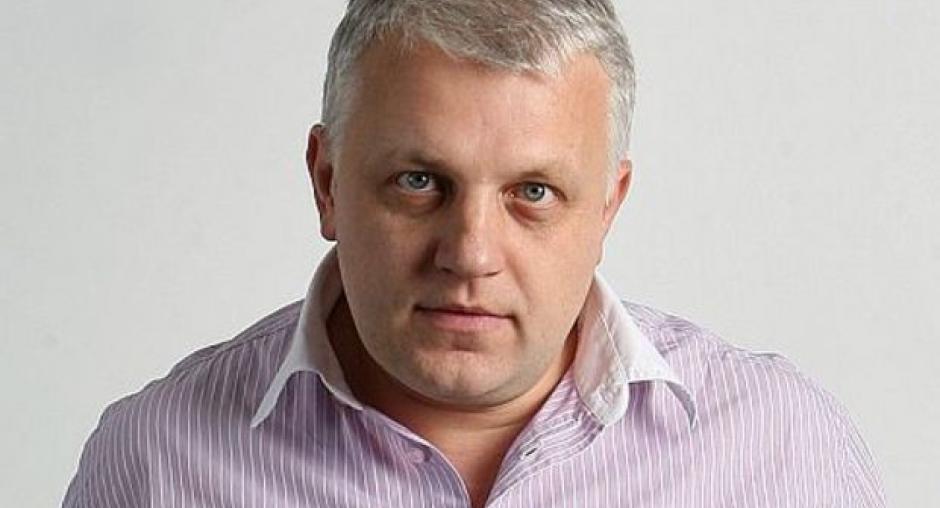
Before his death, Pavel Sheremet was one of Ukraine’s leading investigative journalists. He most notably investigated government corruption and border smuggling in his native Belarus, leading to his arrest in 1997 but winning him CPJ’s International Press Freedom Award in the process. He was detained, harassed and arrested because of his work. Then, in 2016, he was assassinated. And Ukrainian authorities still have not uncovered who’s to blame.
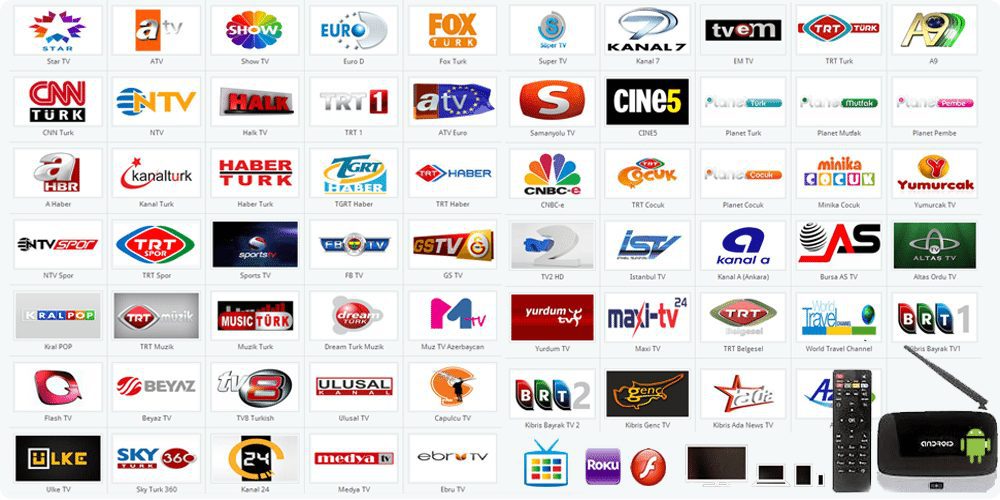
Visitors to Eurasian countries — Turkey, Russia, Ukraine or, to a lesser extent, Azerbaijan — might be impressed by the sheer number of domestic television channels that offer news programming. But all the coverage doesn’t translate into media plurality.
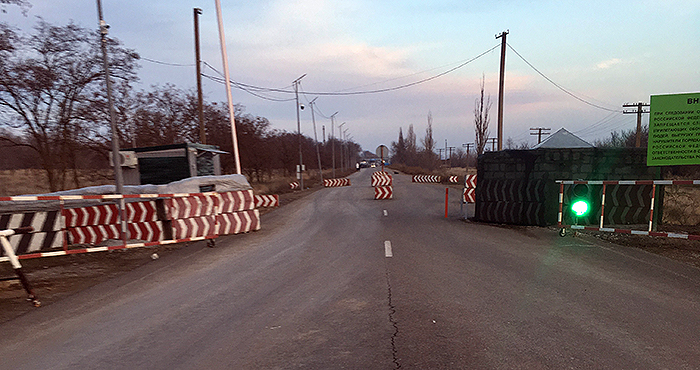
There’s currently no good way for journalists to travel to Crimea. Rather, it’s a balancing act where one has to choose the least bad solution

The current conflict has led to a rise in anti-media sentiments across Ukraine
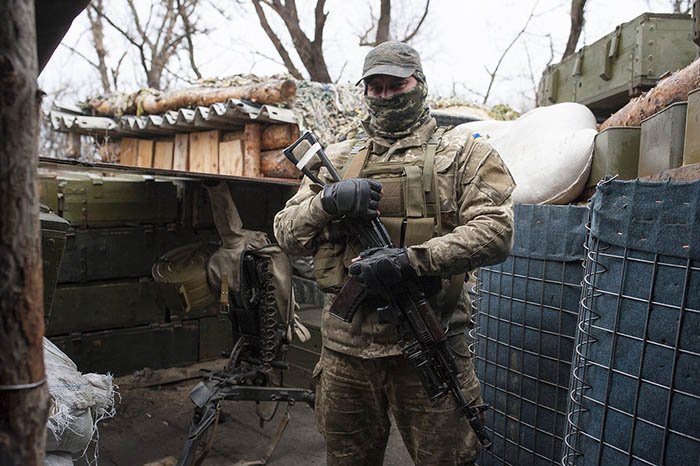
Journalists are facing increased difficulties and monitoring when reporting from two self-proclaimed republics in Ukraine’s separatist areas.

Alongside the digitalisation of journalism comes the increasing danger of cyber-attacks on media workers, as recent attacks on Ukrainian journalists have shown

Each week, Index on Censorship’s Mapping Media Freedom project verifies threats, violations and limitations faced by the media throughout Europe
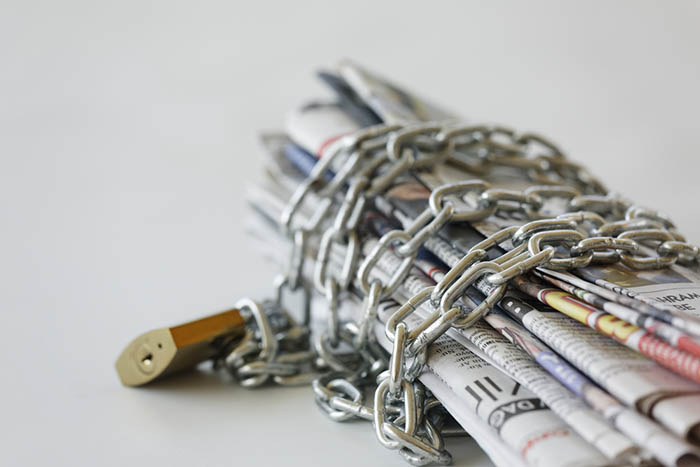
Each week, Index on Censorship’s Mapping Media Freedom project verifies threats, violations and limitations faced by the media throughout the European Union and neighbouring countries.

Each week, Index on Censorship’s Mapping Media Freedom project verifies threats, violations and limitations faced by the media throughout the European Union and neighbouring countries. Here are five recent reports that give us cause for concern.